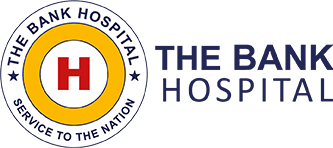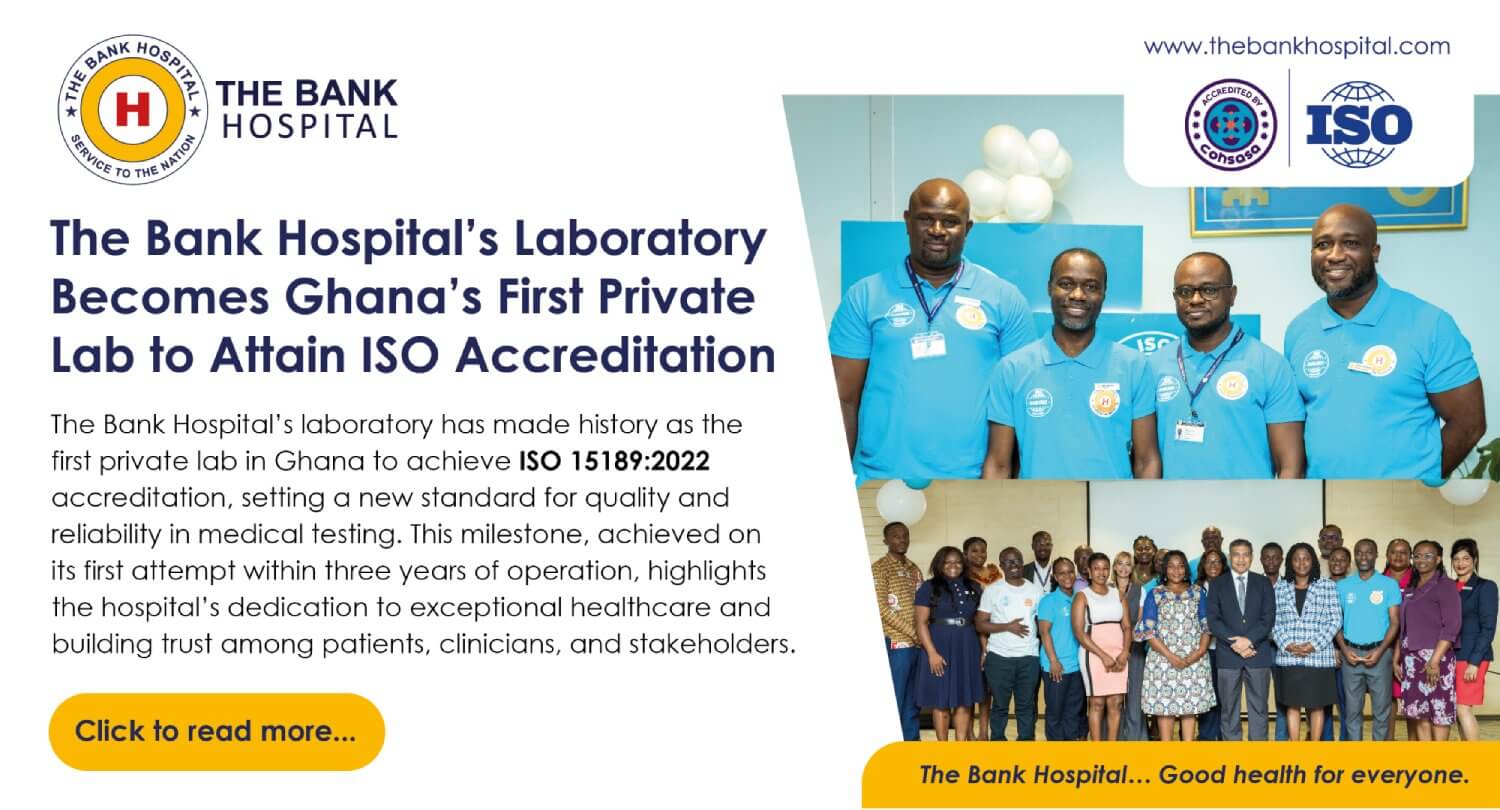Diet therapy is a broad term for the alteration or adoption of a diet to prevent or treat a disease or to simply promote optimum health.
In some cases, an alternative dietary lifestyle plan may be developed to eliminate certain foods to reclaim health.

The Diet Therapy Department plays a pivotal role in promoting good health to its clients. The department focuses on preventing diseases and promoting good health through healthful nutrition, and the nutritional management plans for individuals and groups with different types of diseases using special therapeutic diets.
We provide advanced quaternary dietetic services to the staff of the Bank of Ghana and their families as well as to the general populace.
Your health is our top priority. Click here to

Key Benefits
There are many benefits of Diet Therapy such as reducing the risk of some diseases, easing high blood pressure, controlling cholesterol levels improving well-being, increasing energy levels, improving immunity,hormone balance, assisting with digestion and more

Our Commitment
Our qualified and experienced dieticians are committed to assisting patients to find the best diets and foods to meet their specific health needs.
Services Rendered
Several services are rendered by qualified and experienced registered dieticians at The Bank Hospital. Our services provided are patient-centred, evidence-based, and it supports multidisciplinary teamwork.
The department also provides a wide range of services for patients within all age groups for the outpatient setting.
Screening, assessment and reassessment
All out-patients who are nutritionally at risk are assessed by qualified clinical dieticians based on evaluation of various predisposing factors to determine nutritional status, which includes medical and surgical history, anthropometric measurements, laboratory results, diet history, medication history, cultural and personal preferences, and socio-economic factors. Nutritional care plans and management are then placed accordingly. Group counselling on nutritional practices designed to prevent diseases and promote health.
Education and counselling
Education is the central role of the clinical dietician using different educational tools and materials to help the patient better understand and comply with their diet. The registered dietician does individual and group counselling on nutritional practices designed to prevent diseases and promote health.
Outpatient service
The diet clinic of outpatient services helps in broader use of dietary counselling and serves to extend and clarify diet instructions and have follow-ups.
Monitoring progress
The Registered Dieticians (RDs) monitor clients progress through follow-ups. As a result of the monitoring, dieticians can adjust the type or level of nutritional support, give amended dietary guidance or reinforce and set new goals for the client to help improve and better their quality of life.

Conditions Commonly Referred to The Department
The dietician sees people with a variety of diseases and conditions, including:
- Malnutrition e.g., undernutrition (i.e., Underweight, FTT, PEM) and overnutrition (i.e., overweight and obesity)
- Dyslipidaemia e.g., high blood cholesterol Hypertension /Hypotension
- Liver and biliary diseases e.g., Hepatitis, Cirrhosis
- Renal diseases e.g., CKD, AKI (ARF), Nephrotic Syndrome, ESRD
- Cardiovascular diseases e.g., Stroke, Atherosclerosis, Heart failure
- HIV/AIDS
- Diabetes Mellitus (Type I & II)/GDM/Prediabetes
- Gout and other Arthritic conditions
- Diagnosed Food allergy / Intolerance
- Malabsorption states (e.g., Lactose intolerance, coeliac disease, IBD (Crohn’s disease and Ulcerative colitis)
- Polycystic Ovary Syndrome (PCOS)
- Sickle cell disease and other Anaemias like Iron Deficiency Anaemia
- GIT disorders e.g., Gastritis/Peptic & Gastric ulcers, Constipation/Diarrhoea, Oesophagitis/GERD
Access to services provided by the Diet Therapy Department
Since Registered Dieticians work as part of the multidisciplinary team, a written and signed referral from a member of the consultant’s team or any general practitioner is required before a Dietetic consultation can commence. Dietetic outpatients’ consultation is on Mondays to Fridays from 8:30 a.m. to 5:00 p.m. There is also walk-in consultation for patients who are overweight or obese.


